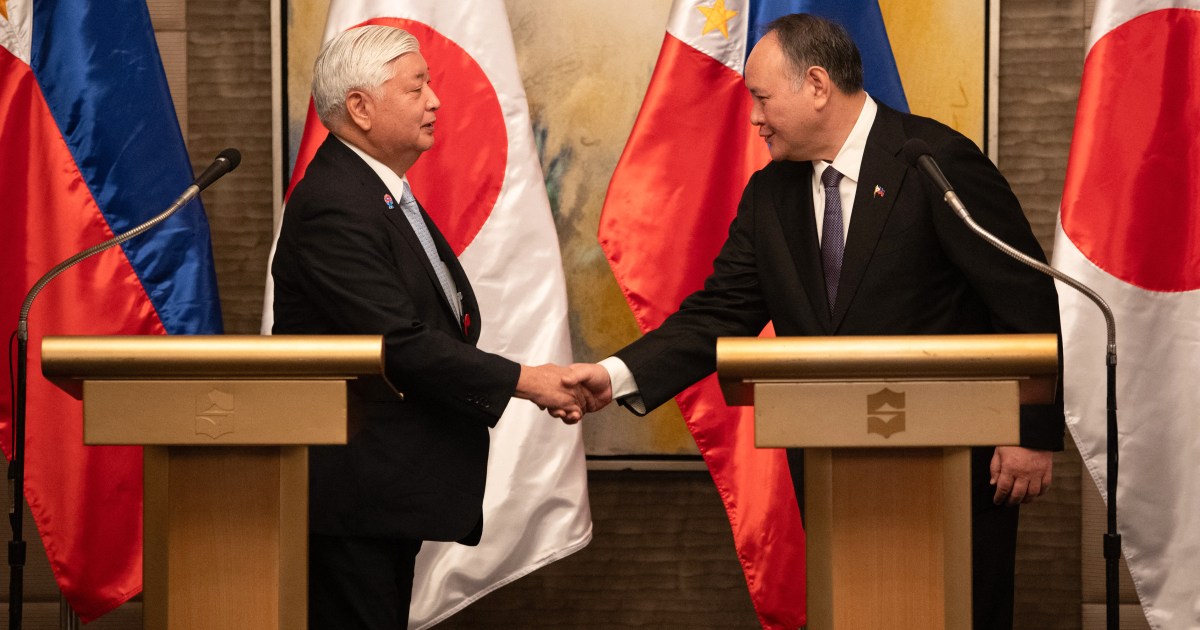Strategic Alliance: Japan and Philippines Fortify Military Bonds in Tense Regional Landscape

日本と フィリピン の防衛当局が、中国の地域的な行動に対する懸念が高まる中、戦略的対話を開始することで合意しました。
両国の防衛大臣は、南シナ海における中国の拡張的な動きと地政学的な緊張に対応するため、より緊密な安全保障協力の重要性を強調しました。この戦略的対話は、地域の安定と平和を維持するための重要な外交的取り組みとして位置づけられています。
日本とフィリピンは、共通の戦略的利益を共有し、中国の軍事的拡大と領土主張に対して共同歩調をとる意向を示しています。両国は、国際法に基づく秩序を支持し、地域の安全保障環境を守るための連携を強化する方針です。
この戦略的対話は、インド太平洋地域における両国の外交的・安全保障上の関係を一層深化させる重要な一歩となるでしょう。
